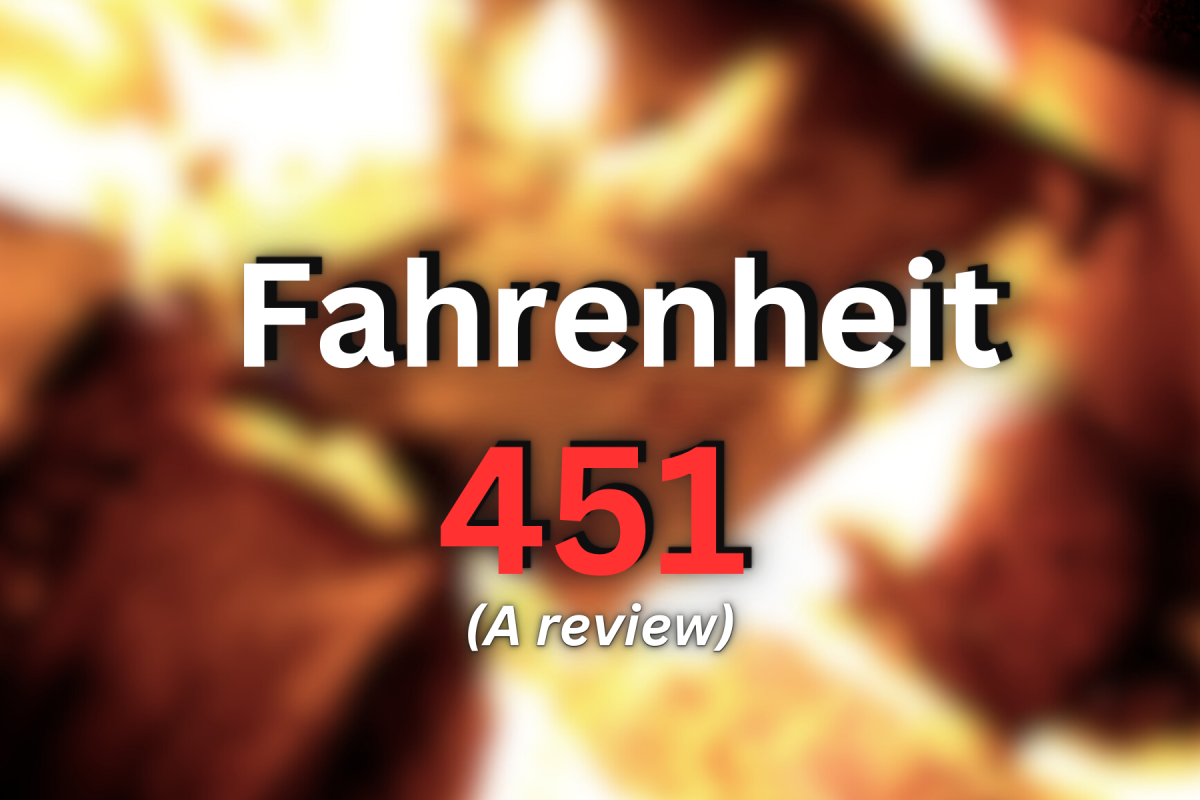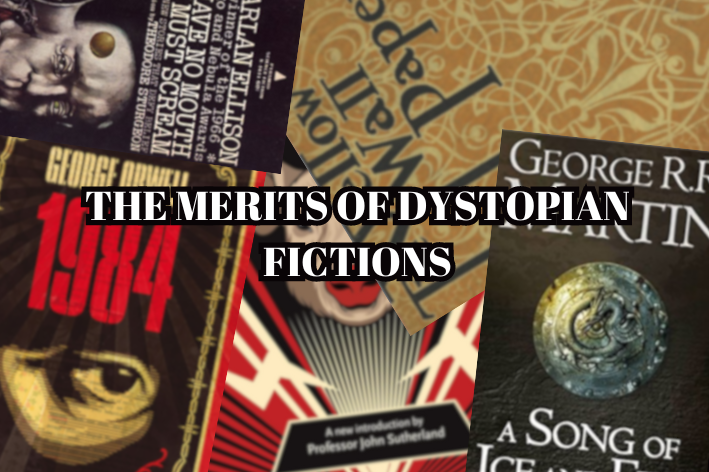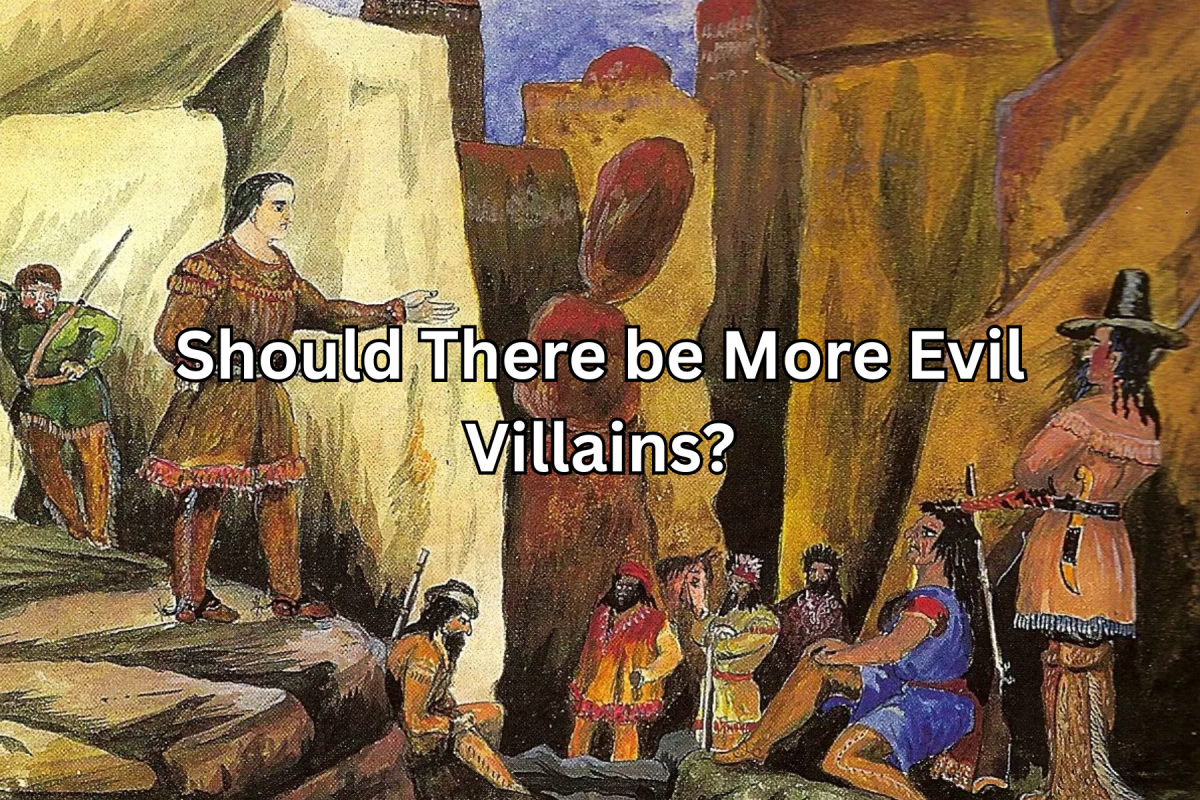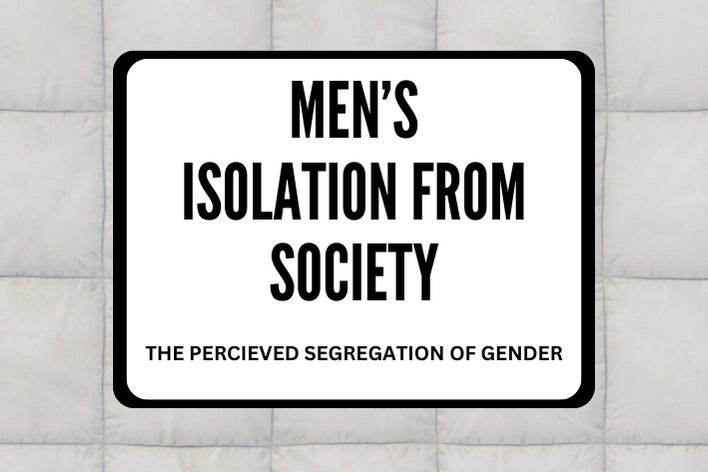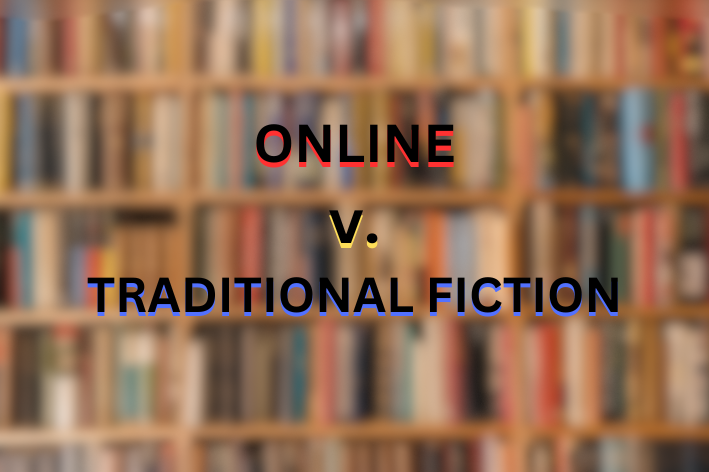“Fahrenheit 451” is a book about books. Well- as an opening statement from the legendary Neil Gaiman says in the beginning of the 60th anniversary edition of the book, the edition I am reading, anyone who tells you everything a story is about is an idiot. But if they give you a few pieces to work with, for you to build your own idea once you read the book yourself–or even change your opinions if you’ve already read the novel–they’re probably right.
“The stifling of ideas is almost always a bad idea.” Said Daniel Heath, a teacher at Great Bend High school who had read “Fahrenheit 451.” “It’s dangerous for people to say that ‘your ideas are bad and no one should hear them;’ now- there has to be limits. You can’t say things that encourage people to be violent.”
“Fahrenheit 451” is a book written by Ray Bradbury, and is often acclaimed as one of the best pieces of literature of all time. Up there with “Moby Dick”, “The Odyssey”, and even “Blood Meridian” people care about this book and the message it tries to impart on the reader. Which is fair, this book is about many things–most I imagine the author never intended–and some can only be discovered after looking back on it with the shattered, broken, and barely-functioning glasses of the present.
The censorship of books and ideas is a very big thing. Both at the scale it is prevalent, and the importance of the issue. Everyday there’s another ten books that are banned in multiple school districts across the country, important books. “Fahrenheit 451” itself was banned once, and that’s an ironic cherry on a milkshake of situational irony.
“Books are passed down throughout hundreds of years,” said Damien Palma-Lopez, a junior at Great Bend High school. “All of sudden you cover that up, stuff starts not making sense.”
Reading it at the time it was written, a lot of things make more sense. The book is dated, at least in style, with dialogue that feels more like the characters are being strangled and held at gunpoint as they say what must be the schlockiest words imaginable, and a way of describing things without really describing them.
The quiet parts of the book are often the best, in which the characters reflect on their actions. Bradbury has a way with self-monologues that almost seems… artistic? Books are art, but the way he has characters self-reflect feels like water-colors in a world that only uses graphite.
The entire novel is a giant “okay… but what if?” in the best way possible. The characters are complicated, and while it has that tendency to not make the reader’s want to feel one way or another about them, they are still good characters first and foremost. If not morally at least from a writing standpoint.
I’ve read “1984” previously, which may seem like a non-sequitur and a half, it does have a point. The stories are very similar thematically, and even setting wise. Both have main characters who are the hammer the system uses to strike out at nails sticking too far up, and both are “woken up”, as it were, by pale faced women the author’s spend too long describing as beautiful. Where Winston Smith, the point of view character of “1984“, was angry and ultimately cowardly, Guy Montag enjoyed his job. Or at least he thought he did.
“They’re a warning of what happens if you give up control to the people in charge.” Heath said, continuing, “I don’t think “Fahrenheit 451” was as macro as “1984” was.”
The books were released a palsy four years from each other, and according to Bradbury, he took no inspiration from the dystopian novel that rocked the world. So him rocking the world with his own piece of dystopian fiction was pure coincidence on his part.
Overall, “Fahrenheit 451” is a very important book. I don’t necessarily think it’s the best in existence, or even a truly great book–a 7/10 is where I’d slide it in–but it’s something everyone should read at some point if only to get the thought of censorship more firmly established between their ears. Where something like “Blood Meridian”, “Moby Dick”, or “The Iliad” grab you with an archaic writing style that somehow feels timeless, the age is present in “Fahrenheit 451”, but so is the truth and importance.

